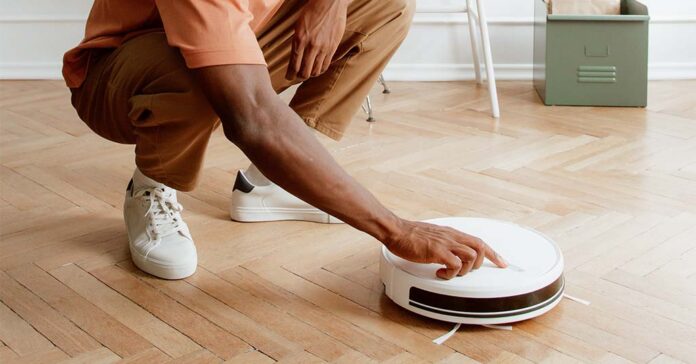In this in-depth analysis, we explore the benefits and drawbacks of robot vacuum cleaners, how they work, factors to consider before buying, and a comparison with traditional vacuum cleaners to answer the question: Are robot vacuum cleaners worth it and should you get one for yourself?
- Introduction to Robot Vacuum Cleaners
- The Benefits of Robot Vacuum Cleaners
- The Drawbacks of Robot Vacuum Cleaners
- How Do Robot Vacuum Cleaners Really Work
- Factors to Consider Before Buying a Robot Vacuum Cleaner
- Comparison of Robot Vacuum Cleaners with Traditional Vacuum Cleaners
- What Does The Robot Vacuum Cleaner Experience Really Look Like
- Conclusion: Are Robot Vacuum Cleaners Worth It?
Check out also: Are Food Dehydrators Worth It? – Here Is Our Take!
This web portal is supported by its readers, and is a part of the Amazon Services LLC Associates Program and the eBay Partner Network. When you buy using links on our site, we may earn an affiliate commission!
1. Introduction to Robot Vacuum Cleaners
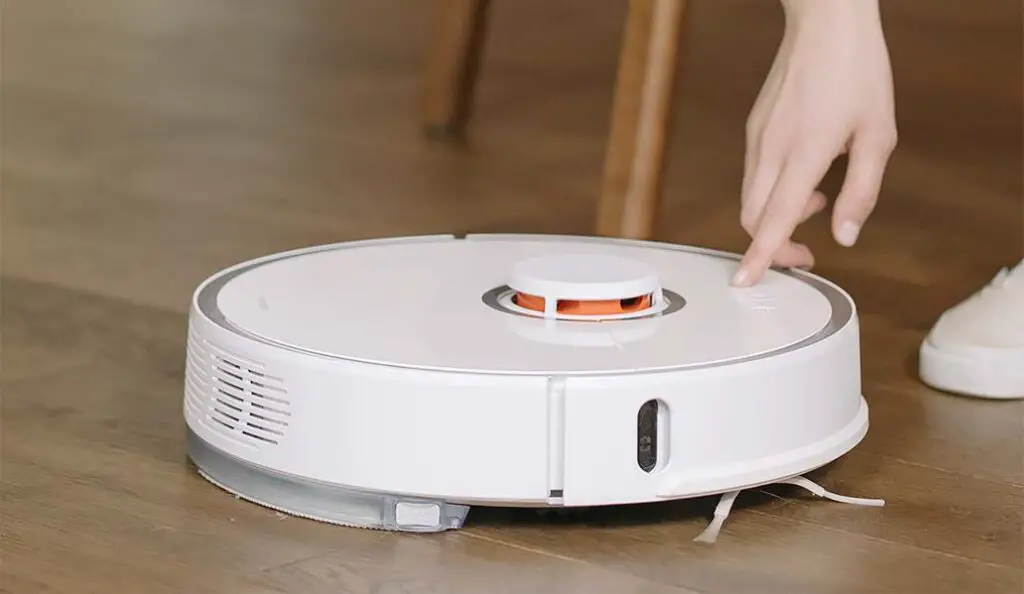
Robot vacuum cleaners have been around for a while now, and they have become increasingly popular in recent years. These devices are designed to clean floors autonomously, without the need for human intervention during the process. They use a combination of sensors, brushes, and suction to navigate around a room and pick up dirt and debris after an initial calibration process.
Robot vacuum cleaners come in a variety of shapes and sizes, and they offer a range of features and functionalities. Some models are designed for specific types of flooring, while others are more versatile. Most of them can be controlled using a smartphone app or a remote control, and some models can even be programmed to clean on a schedule.
While robot vacuum cleaners can be a convenient addition to any household, they are not without their drawbacks. In the next section, we will take a closer look at the most prominent pros and cons of these devices, based on our experience.
2. The Benefits of Robot Vacuum Cleaners
Robot vacuum cleaners offer several benefits over traditional vacuum cleaners. Here are some of the most significant advantages:
- Time-saving: Robot vacuum cleaners can save you a lot of time since after the initial setup and calibration they can clean your floors automatically without any intervention from you. You can even set some robotic vacuum cleaner models to activate and clean at specific times, and they will do the job while you focus on other tasks, or while you’re away.
- Convenience: Vacuuming robots can prove to be incredibly convenient, especially being able to clean under furniture, in spaces that might be difficult to reach with a traditional vacuum cleaner. They can’t reach tight gaps in between furniture though, so keep that in mind. Automatic scheduled activation and hands-off approach are also two of the most prominent cons of these devices.
- Efficiency: Robot vacuum cleaners are designed to be efficient, which means they can clean your floors thoroughly without wasting any time or energy. They use advanced sensors and algorithms to map your home and create a cleaning plan that covers every inch of your floors saving you time and money in the process.
- Low maintenance: These neat devices really require minimal maintenance. Most models come with a simple dustbin that you can empty after each cleaning cycle, and some do come with a small water tank which needs to be refilled periodically.
- Smart features: Some models come with several smart features that make them even more convenient to use. For example, some models can be integrated with voice assistants like Alexa and Google Assistant for easier cleaning process scheduling. Vacuum cleaners that have the mopping function are able to automatically decide which surfaces are to be mopped and which to be simply vacuumed and so on.
3. The Drawbacks of Robot Vacuum Cleaners
While robot vacuum cleaners have their benefits, they also have some drawbacks that you should consider before making a purchase. Here are some of the most common drawbacks:
- Price: Robot vacuum cleaners can be more expensive than traditional vacuum cleaners, with some high-end models costing over $500.
- Noise: Some vacuuming robots can be quite loud, which can be a problem if you’re trying to watch TV or have a conversation while the vacuum is running in close proximity.
- Battery life: Some models do have a limited battery life, which means they might not be able to clean your entire home in one session. Some models may also take a long time to recharge.
- Navigation issues: While robot vacuum cleaners are designed to navigate around your home, they may have trouble with certain obstacles, such as dark-colored rugs or furniture with low clearance. Most of them also require you to remove all the obstacles that weren’t originally there during the floor mapping process, such as chairs.
Let’s now move on to the basics of how a robot vacuum cleaner works and how it does its job.
4. How Do Robot Vacuum Cleaners Really Work
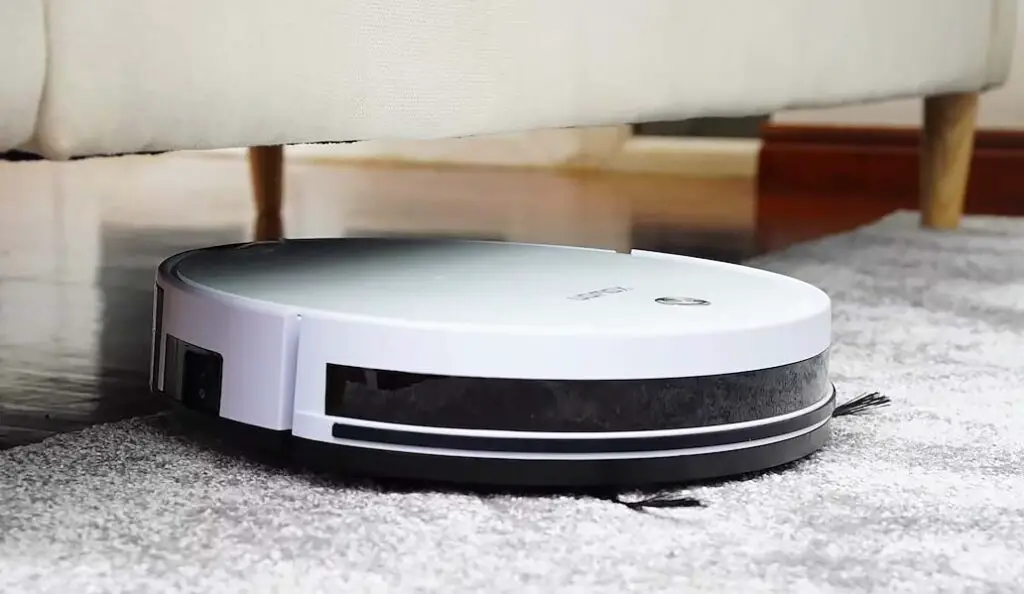
Robot vacuum cleaners, use a combination of sensors, brushes, and suction to clean floors. They typically have a circular or D-shaped design and are equipped with an in-built rechargeable battery.
When you first configure and set up a robot vacuum cleaner, it uses its sensors to map out the room and identify obstacles. Then, during the cleaning process it uses its brushes and suction to pick up dirt, dust, and debris from the floor. Some robot vacuum cleaners are also equipped with mopping functions, which allow them to wet mop or dry mop floors.
Most of the robot vacuum cleaners can be programmed to clean on a schedule. They are also able to return to their charging station when their battery is low, or when they have finished cleaning.
While the specifics of how robot vacuum cleaners work can vary depending on the model, they all share the same basic functionality. They are designed to make cleaning floors easier and more convenient, and they can be a valuable addition to any household provided you don’t have excessive clutter in your home and have a lot of unobstructed flat surfaces to clean.
You might also like: How To Protect Your Kitchen Countertop From Heat
5. Factors to Consider Before Buying a Robot Vacuum Cleaner
Before investing in a robot vacuum cleaner, there are several factors to consider. Here are some of the most important ones:
- Price: Robot vacuum cleaners can range from under $100 to over $500. Determine your budget before making a purchase.
- Battery life: Look for a vacuum cleaner with a long battery life, especially if you have a large home. An average battery life in these kind of devices is generally somewhere in between 60 to 90 minutes. The charging time from 0% to full battery can take anywhere up to 3 hours. This really depends on the particular model you choose.
- Floor type: Not all models are suitable for all floor types, and some are not designed to take in pet hair. Make sure the one you choose is compatible with your flooring. If you have any rugs, make sure that your chosen vacuum cleaner is able to clean them, or avoid them altogether.
- Free-standing obstacles: If you have lots of free-standing obstacles that often change place in the rooms you plan to vacuum (like chairs, movable coffee tables and so on), make sure that you’re always able to easily remove them before each scheduled vacuuming session. Otherwise the robot will avoid them minimizing the cleaned surface of your room.
- Smart home compatibility: If you have a smart home, you might want to look for a robot vacuum cleaner that is compatible with your existing devices and can be controlled via voice commands or a smartphone app.
Considering these factors will help you make a final decision when choosing a robot vacuum cleaner that best suits your needs.
6. Comparison of Robot Vacuum Cleaners with Traditional Vacuum Cleaners
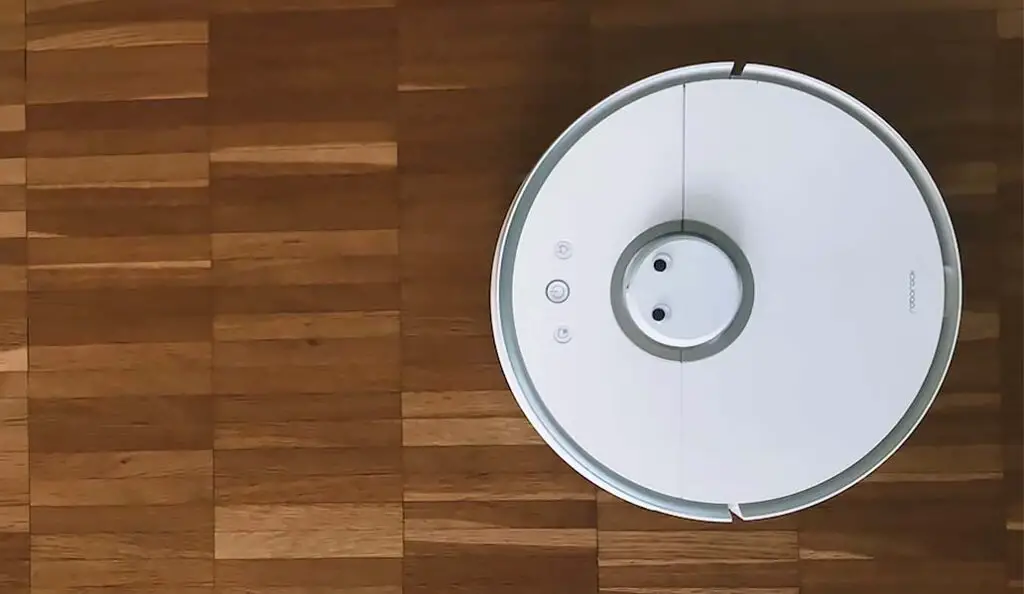
Robot vacuum cleaners have gained popularity in recent years, but how do they compare to traditional vacuum cleaners? Let’s take a look at some of the key points here:
| Feature | Robot Vacuum Cleaner | Traditional Vacuum Cleaner |
|---|---|---|
| Convenience | Robot vacuum cleaners are more convenient as they can clean on their own without any manual intervention. | Traditional vacuum cleaners require manual operation and can be tiring to use for extended periods (duh!). |
| Cleaning Ability | Robot vacuum cleaners are best suited for light cleaning tasks and can’t match the suction power of traditional vacuum cleaners. | Traditional vacuum cleaners are more powerful and can handle heavy-duty cleaning tasks. |
| Price | Robot vacuum cleaners are generally more expensive than traditional vacuum cleaners. | Traditional vacuum cleaners are more affordable and offer better value for money. |
| Maintenance | Robot vacuum cleaners require basic maintenance, such as emptying the dustbin and cleaning the brushes from time to time. | Traditional vacuum cleaners also require maintenance, such as changing the filters and bags. |
Overall, robot vacuum cleaners are a great option for those who want a convenient and hands-free cleaning experience for light cleaning tasks. However, traditional vacuum cleaners are still the best option for heavy-duty cleaning tasks and offer better value for money.
7. What Does The Robot Vacuum Cleaner Experience Really Look Like
With a robot vacuum cleaner, you can schedule cleaning sessions, and the machine will clean your floors automatically without any human intervention – that is, if there are no unmapped obstacles in its way. Most mobile apps for robot vacuum cleaners allow you to schedule cleaning, tweak various different settings and utilize different cleaning programs.
Some advanced models also support voice commands through Amazon Alexa or Google Assistant, but that depends on the brand.
Having a robot vacuum cleaner is quite convenient, especially for busy people who don’t have time to clean their floors manually and do have lots of flat surfaces that don’t need much additional prep before the actual vacuuming process.
You can set up your robot vacuum cleaner to clean your floors while you’re at work, and you’ll come back to a clean home. However, you should note that the robot vacuum cleaner experience is not perfect. Sometimes, albeit very rarely in perfect conditions, the robot vacuum cleaner can get stuck, and you’ll need to manually “rescue” it.
Additionally, the robot vacuum cleaner will not be able to clean certain areas, such as stairs or very tight spaces – you will have to clean these manually using a regular vacuum cleaner.
8. Conclusion: Are Robot Vacuum Cleaners Worth It?
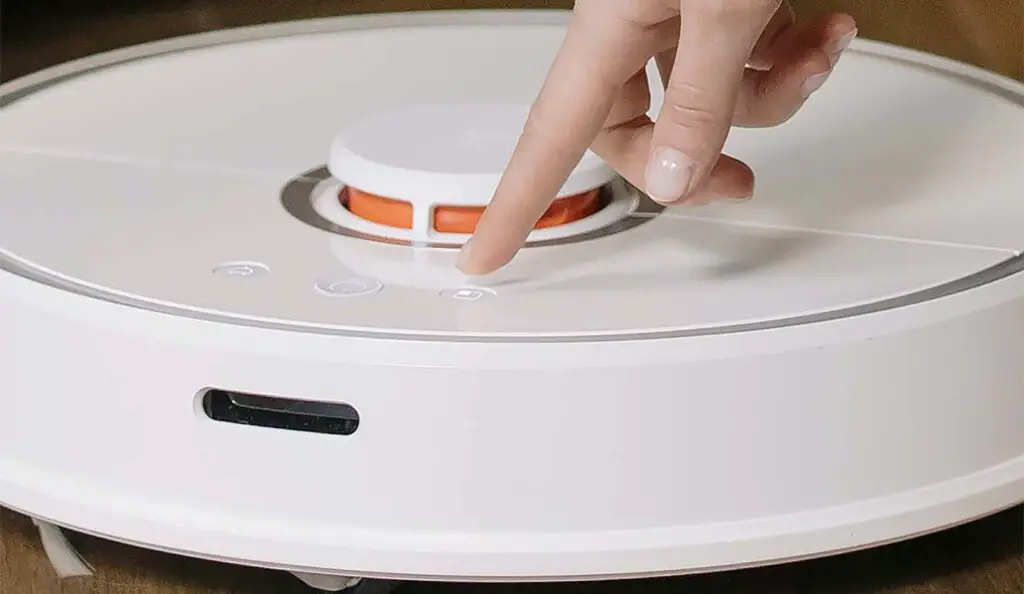
To sum it all up, robot vacuum cleaners are a nice addition to any household that has surfaces suitable for automatic cleaning. They have many benefits, they can save you time and take some workload off your shoulders, but they do require a compatible house layout and no clutter to function properly.
Before buying a robot vacuum cleaner, it’s important to consider factors such as the size of your home, the type of flooring, and the presence of pets. It’s also important to compare different models and brands to find the one that best fits your needs and budget.
Overall, if you value convenience and time-saving and have a large home with lots of unobstructed flat surfaces, a robot vacuum cleaner is definitely worth the investment. Hope we were able to help!
Don’t forget to check out: 6 Best Small Kitchen Step Stools (And How To Choose One)
Main article photo: Ron Lach


